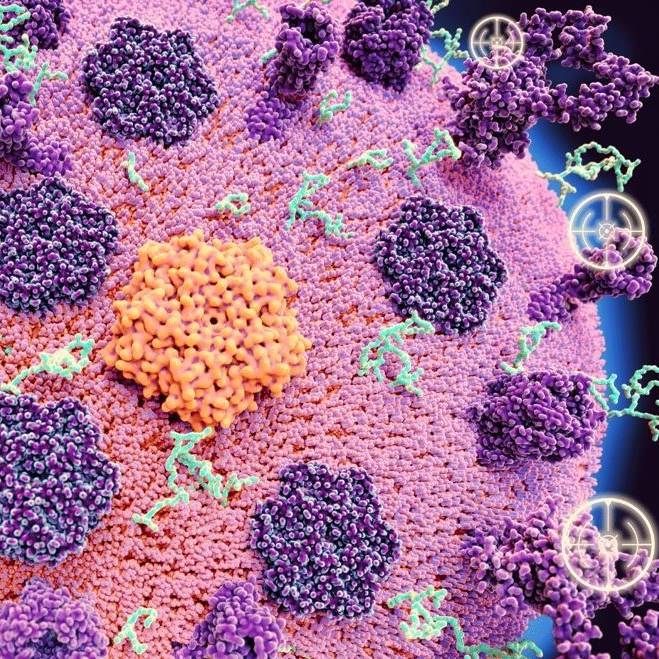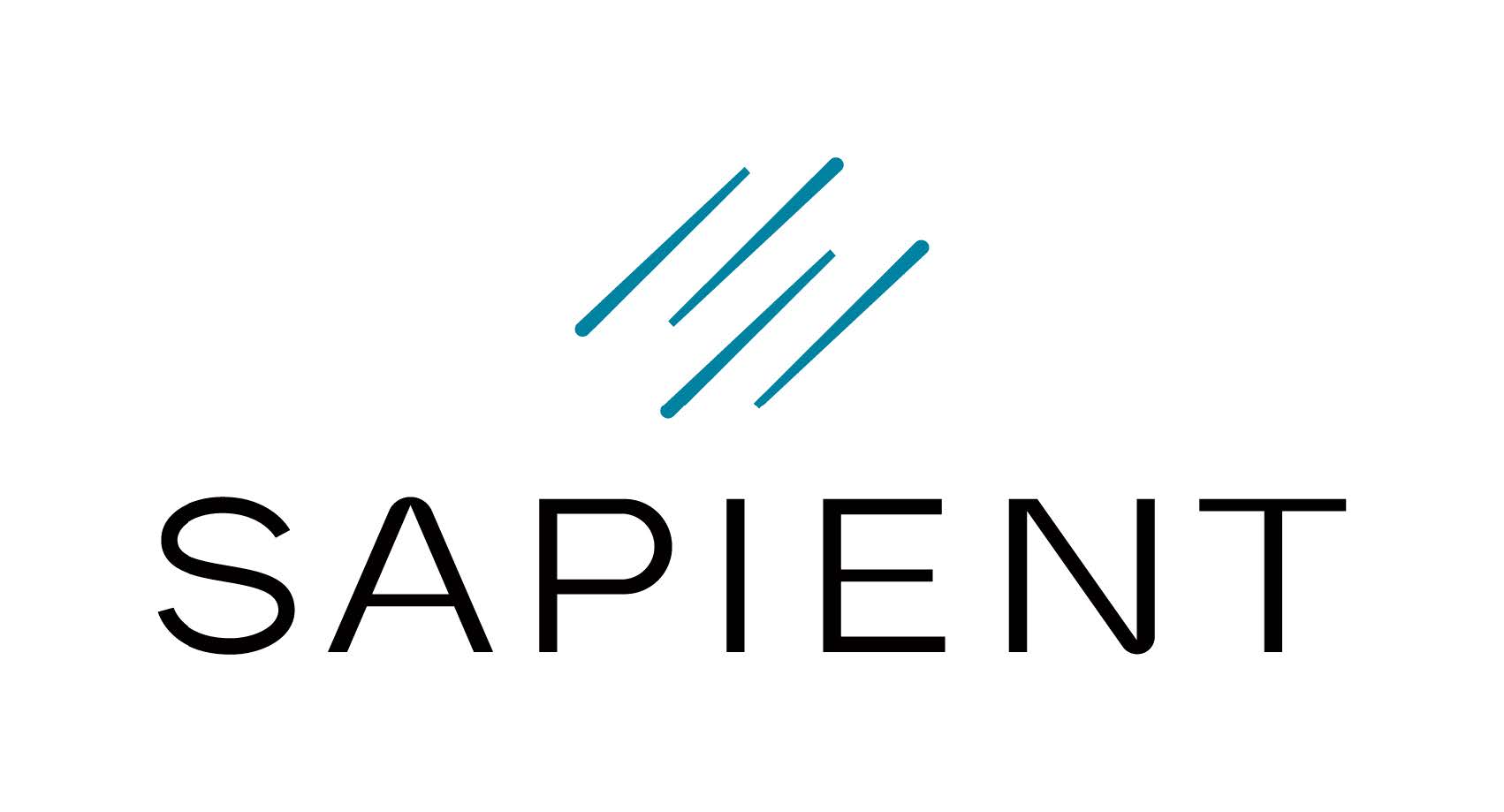Catalog

Drug development is centered on interaction with endogenous host proteins to modify their activity and achieve therapeutic efficacy. An optimal protein target is one that is 1) mechanistically involved in disease pathogenesis, 2) uniquely or differentially expressed in diseased cells, and 3) tractable, with properties that allow it to be modulated by the drug. The number of tractable targets is rapidly expanding thanks to new modalities such as protein degraders, radioligands, ADCs, and T cell engagers opening the “druggable” space from a few hundred to several thousand proteins. The challenge now is comprehensively characterizing the expanded breadth of potential protein targets to identify the best target for a given therapy.
Target identification to date has largely focused on genetics and RNA-sequencing to identify differentially expressed genes; however, these surrogate measures are often poorly correlated with quantitative protein measures, particularly in disease or treated states.
In this webinar, we will discuss how mass spectrometry-based discovery proteomics combined with AI-based target validation enables direct, deep interrogation of the proteome, across thousands of proteins in thousands of biosamples, to identify and match differentially expressed, disease modifying, tractable protein targets with a drug to optimize its probability of success.
Learning Objectives:
How mass spectrometry-based discovery proteomics can be used to rapidly explore, identify, and comprehensively characterize novel drug targets in the expanding druggable space – including quantification of protein copy numbers
How deep biocomputational analysis can be applied to contextualize biology and downstream pathways for protein targets – from signaling cascades to subcellular localization and normal tissue expression and enrichment
How AI is being applied to assess the therapeutic tractability of key targets to better predict therapeutic efficacy and mitigate off-target effects
About this item

Drug development is centered on interaction with endogenous host proteins to modify their activity and achieve therapeutic efficacy. An optimal protein target is one that is 1) mechanistically involved in disease pathogenesis, 2) uniquely or differentially expressed in diseased cells, and 3) tractable, with properties that allow it to be modulated by the drug. The number of tractable targets is rapidly expanding thanks to new modalities such as protein degraders, radioligands, ADCs, and T cell engagers opening the “druggable” space from a few hundred to several thousand proteins. The challenge now is comprehensively characterizing the expanded breadth of potential protein targets to identify the best target for a given therapy.
Target identification to date has largely focused on genetics and RNA-sequencing to identify differentially expressed genes; however, these surrogate measures are often poorly correlated with quantitative protein measures, particularly in disease or treated states.
In this webinar, we will discuss how mass spectrometry-based discovery proteomics combined with AI-based target validation enables direct, deep interrogation of the proteome, across thousands of proteins in thousands of biosamples, to identify and match differentially expressed, disease modifying, tractable protein targets with a drug to optimize its probability of success.
Learning Objectives:
- How mass spectrometry-based discovery proteomics can be used to rapidly explore, identify, and comprehensively characterize novel drug targets in the expanding druggable space – including quantification of protein copy numbers
- How deep biocomputational analysis can be applied to contextualize biology and downstream pathways for protein targets – from signaling cascades to subcellular localization and normal tissue expression and enrichment
- How AI is being applied to assess the therapeutic tractability of key targets to better predict therapeutic efficacy and mitigate off-target effects
Speaker Information
Mo Jain, MD, Ph.D.
Founder and CEO, Sapient
Dr. Jain is a physician-scientist with more than 20 years of expertise in physiology, biomedicine, engineering, computational biology, and mass spectrometry. Prior to founding Sapient, he formed and was director of Jain Laboratory at the University of California San Diego (UCSD). There he led a multi-disciplinary research team to develop next-generation rapid liquid chromatography-mass spectrometry (rLC-MS) systems to probe dynamic biomarkers of health, disease, and drug response across population-scale human studies. Dr. Jain founded Sapient in 2021 as a spinout of Jain Laboratory to expand upon the mission of accelerating insight into human biology to advance precision drug development.
Dr. Jain obtained his MD and Ph.D. from Boston University School of Medicine, and subsequently performed clinical residency and fellowship training in Internal Medicine, Cardiology, and Preventative Cardiology at Brigham and Women’s Hospital, Harvard Medical School. His postdoctoral work was performed at the Broad Institute and Massachusetts General Hospital.




